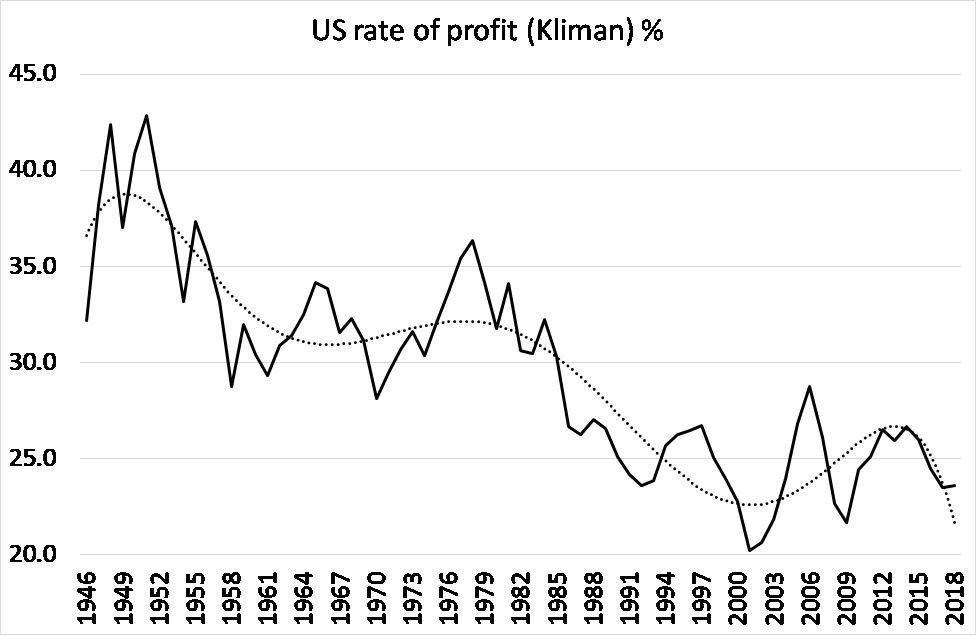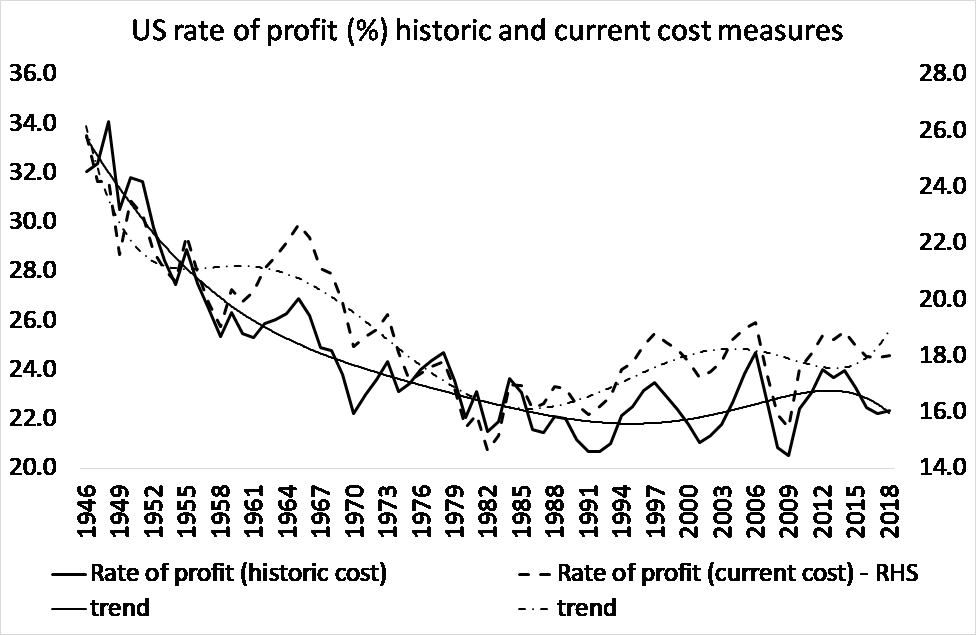Jolly Red Giant
Well-known member
- Jul 11, 2015
- 2,615
Brilliant. You tell trigaar that he should broaden his discussions and then write this:
You do get the point I was trying to make - or maybe I need to explain it to you -
Trrigaaar claimed that I was like a religious fundamentalist - stuck in a particular mindset and unwilling to change. The debate was about the current political situation and the need to adapt to it - I (and others) looked at the evidence and re-evaluated our outlook based on that evidence - the people we broke with refused to do that - they insisted that nothing had changed and that we could keep trundling along without recognising that things constantly change.




